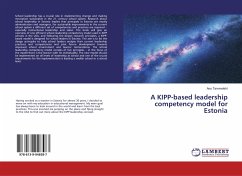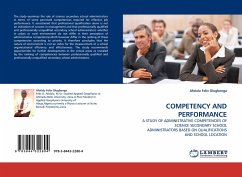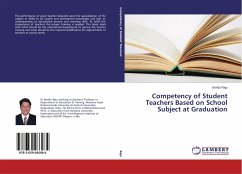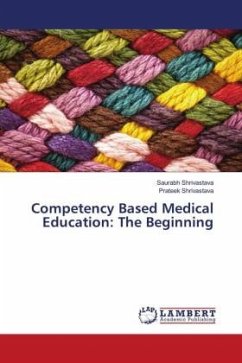
Pedagogical Precision and Perceptions of Collegial Competency
Examining the Impact of Changes in Data-Driven Teaching and Leading on Collective Efficacy
Versandkostenfrei!
Versandfertig in 6-10 Tagen
52,99 €
inkl. MwSt.

PAYBACK Punkte
26 °P sammeln!
As sanctions for educational accountability intensify, states and districts are spotlighting schools identified as underperforming for scrutiny. As a result, staff within these schools often struggle with feelings of hopelessness and dissatisfaction. Collective efficacy, the belief that one has about their own and their colleague's competencies to take on difficult tasks, has been found to be a significant predictor of student achievement. However, enhancing or sustaining the efficacy of educators in schools identified as lowest performing from year to year is challenging. This research examin...
As sanctions for educational accountability intensify, states and districts are spotlighting schools identified as underperforming for scrutiny. As a result, staff within these schools often struggle with feelings of hopelessness and dissatisfaction. Collective efficacy, the belief that one has about their own and their colleague's competencies to take on difficult tasks, has been found to be a significant predictor of student achievement. However, enhancing or sustaining the efficacy of educators in schools identified as lowest performing from year to year is challenging. This research examines the relationship that teacher pedagogical precision, the use and application of data to inform teaching and learning, and the principal's use of data with staff has on collective efficacy. The findings of this study indicate that there is a direct, positive impact on collective efficacy when teachers and school leaders use summative and formative assessment results to enhance the precision of their practice.












